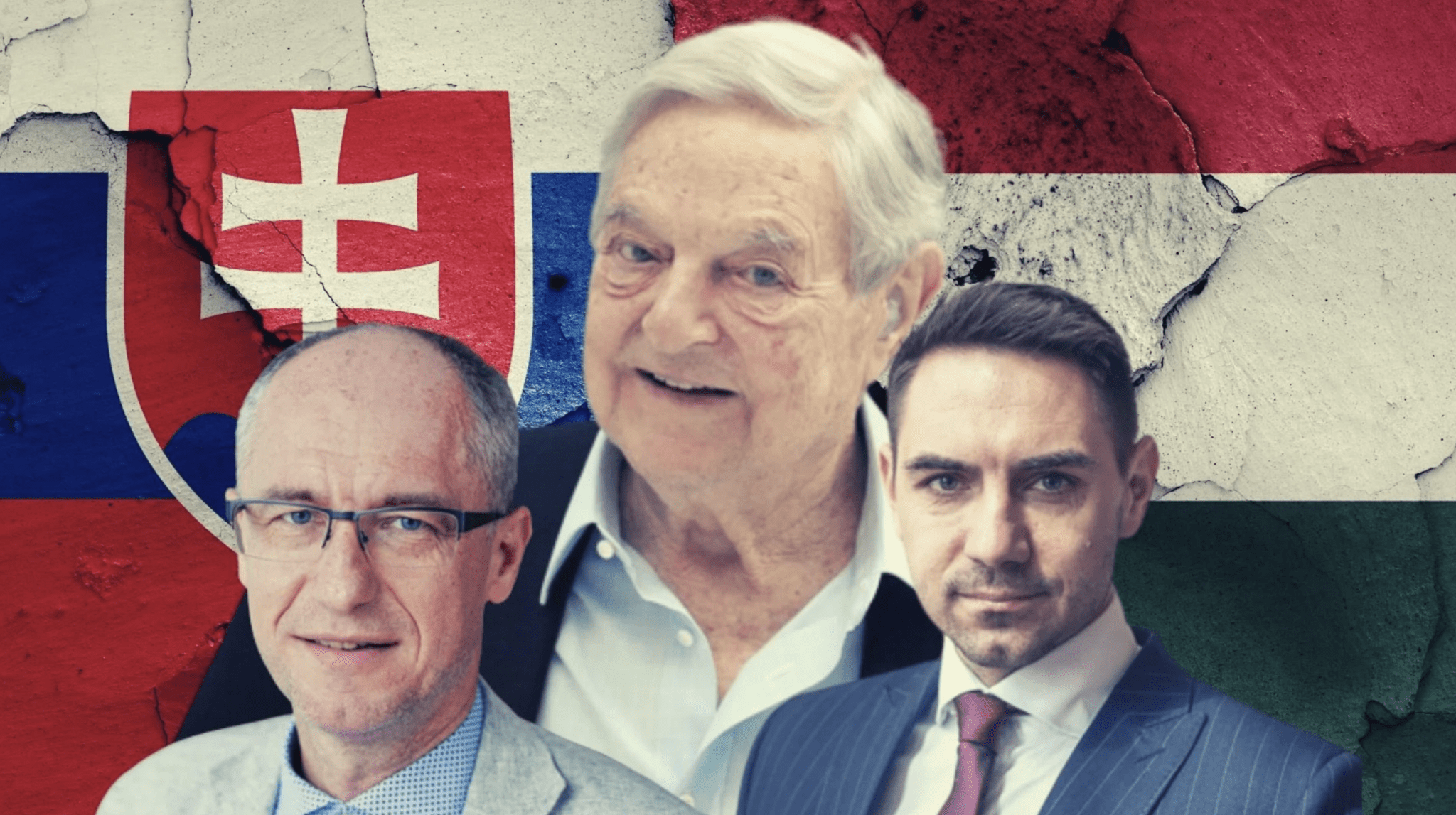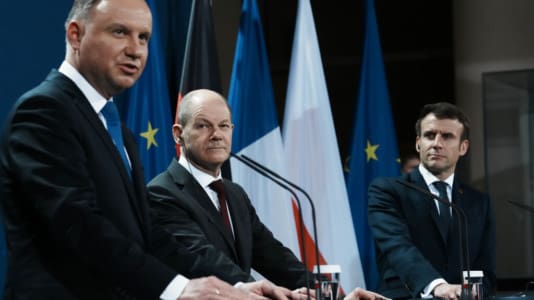As of late, the Slovakian social media landscape has increasingly published content that is perpetuating an all-pervasive threat that Hungary is preparing to take over Slovakia. Some Slovaks have always believed that in the long-term, Hungary has a secret plan to invade and occupy parts of the country inhabited by members of the Hungarian minority, like it did after the first Vienna Award in 1938. However, in the past, such an explosive opinion has only occupied the comment sections below the main articles and some less-known microblogs, but there are now signs that this theory is moving up into the article sections of Slovak newspapers.
Military portals, in particular, are full of similar conspiracy theories, and individuals were of the opinion that government decision-makers should modernize the Slovakian armed forces to enable them to defend the country against any future Hungarian invasion force.

The emergence of this otherwise completely unfounded sentiment into the Slovakian mainstream is a worrying sign that some are trying to sow the seeds of discord among friendly and democratic neighboring nations, to divide the prosperous Visegrád Four cooperation, and to intimidate the Slovak electorate into anti-Hungarian sentiments.
The development has not gone unnoticed within the Slovakian political arena either. György Gyimesi, MP for the government party OLANO, who is also a member of the Hungarian minority in Slovakia, issued a statement saying it is unacceptable that some Slovak media outlets are inciting against Hungarians and Hungary. In an article published in the Slovakian news-portal Korkep.sk, he calls on newspaper editors to distance themselves from the anti-Hungarian commentaries published by their own papers.
“These statements go beyond all bounds of normality and fairness in the relationship between Slovakia and Hungary,” said György Gyimesi on a press conference on Monday. In his view, the recent U.S.-Slovak defense agreement (DCA treaty) had brought to light a problem that is circulating among the Slovaks, “the incredible fear of us Hungarians.”
[pp id=7062]
The MP said that it all started with an article in the liberal news-portal SME entitled “Imagine Hungary Cancelling Slovakia,” written by commentator Samuel Marec. This was shortly followed by a video on Aktuality.sk suggesting that the great thing about the recent joint defense agreement with the U.S. is that if the Hungarians were to try to carve out territories from Slovakia, the Americans and the other NATO members would protect the country. To this, Gyimesi remarks that the author of this editorial had forgotten to mention the fact that Hungary is also a member of NATO and a member of the EU. He also pointed out that Slovakia’s Foreign Minister Ivan Korčok said, “Slovak-Hungarian relations have never been so good.”
According to the MP, the authors of the articles were intimidating Slovaks into believing that an imaginary Hungarian invasion is imminent.
Only a few days later yet another article has appeared, surprisingly this time in the conservative news portal Postoj.sk. The author of the article, Karel Hirman, suggests that Hungarian Prime Minister Viktor Orbán, just like Vladimir Putin, wants to change Europe’s borders for his own advantage, and other entirely fictitious comments about an alleged threat to Slovakia’s existence from its southern borders.
According to Gyimesi, this sort of rhetoric from liberal commentators is reminiscent of ultra-nationalist politicians of the 1990s Slovakia that recall “the darkest period in the common history of the two nations.” He also points out that these articles fanning the flames of conflict between two peaceful neighbors are not being published in some fringe conspiracy portals, but in the most popular Slovakian newspapers read by over 2 million people, which he finds worrying.
Gyimesi’s theory regarding the sudden appearance of these allegations against Hungary is that the authors of the articles want to contribute to the anti-Orbán crusade conducted from Brussels, that can only be interpreted as an interference in the upcoming Hungarian elections in April. He also said that what had happened “seemed to be an organized media attack, otherwise it is not possible to explain why the authors were inspired by each other, but I do not think that is likely.”
[pp id=5872]
Another explanation is that, as Remix News has reported, Petit Press, which owns the news portal SME, recently was purchased in part by the Media Development Investment Fund (MDIF), associated with the well-known financier George Soros, a vocal opponent of the current Hungarian conservative government. Karel Hirman, on the other hand, the author of the extremely speculative and divisive article published in Postoj is a former adviser to Volodymyr Groysman, former prime minister of Ukraine, another ally of the U.S. oligarch, with the two meeting in 2015 in Kiev.
The tension between Ukraine and Hungary are well known on account of the Ukrainian government’s systematic persecution of the Hungarian minority in their country, which makes the anti-Hungarian opinions shared by Hirman and the Ukrainian government hardly surprising, and all the more inflammatory. The third news-site, Aktuality, is owned by the German Axel Springer publishers, which features publications known to be overwhelmingly hostile to the conservative outlook championed by the government of Viktor Orbán.
György Gyimesi is probably right in saying that the sudden anti-Hungarian wave in the Slovak media is no coincidence, and in fact it seems more like the first salvos of a hybrid warfare campaign only two months before elections in Budapest.






